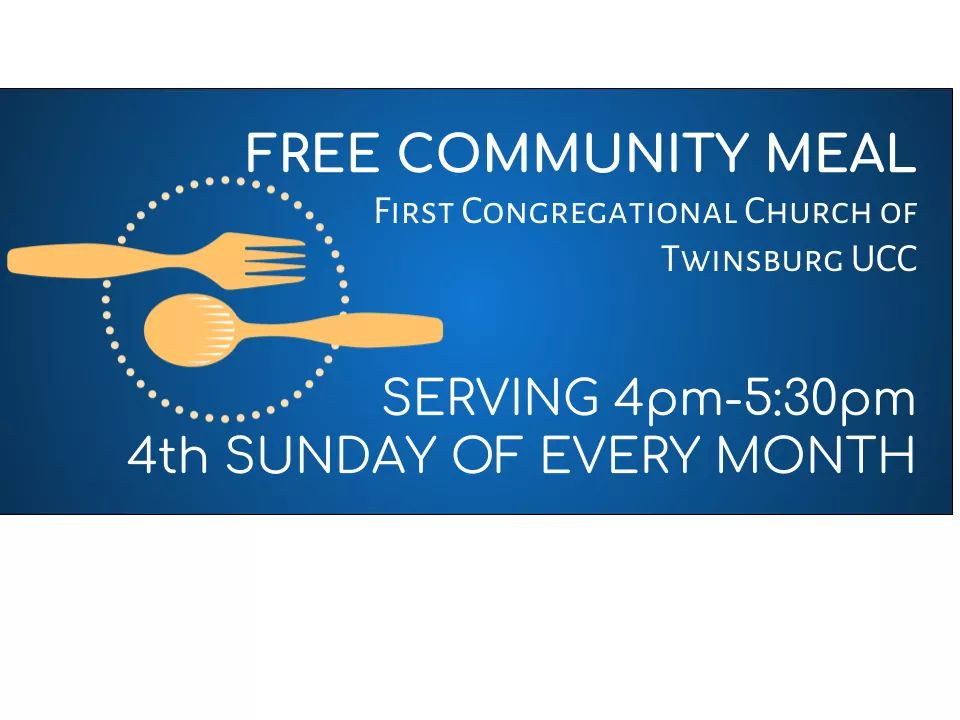But that’s not all! We gladly suffer, because we know that suffering helps us to endure. And endurance builds character, which gives us a hope that will never disappoint us. All of this happens because God has given us the Holy Spirit, who fills our hearts with his love. (Romans 5:3-5 CEV) God’s power and presence is with us in all our life and all our situations. That is true, but some have taken these verses from this Sunday’s text and applied them carelessly. I have heard some counsel those going through cancer or the loss of a loved one or suffering a very painful end of life journey, that these verses tell us God is building our character through these sufferings. This misses the point the Apostle Paul is teaching us. Paul is building on his previous phrase “And we boast in the hope of the glory of God.” Paul is telling us that even when the hope of the glory of God brings suffering to us, we can rejoice because God is forming within us his character. In 1 Peter 2, Peter gives us an insight on the suffering that God uses for our character: “For to this you were called, because Christ also suffered for us, leaving us an example, that you should follow His steps (2:21)” The God of redemption is with us in the sufferings or trials that come when do the right thing and follow the example of Christ Jesus.
May 05
The Lord Goes Before Us
Acts 14:8-18
As I have been thinking about the book of Acts, the progress of the Great Commission, and the preaching of the gospel, I have noticed an interesting idea. The idea appears in our text this week that begins with Barnabas and Paul preaching in Lystra. Paul sees a lame man; knows that the man has faith to be healed. Paul heals him. Then a very lavish and comic chain of events begins to happen.
The fact that the faith was already there before Barnabas and Paul began to preach. The Lord Jesus was already there before the apostles even came to the city. The announcements at the resurrection are that Jesus is going before the disciples to Galilee. The promise of the Great Commission is “I am with you always.” God is not just with us, God is leading us, the Holy Spirit is preparing hearts and situations for us to minister. And the success of our efforts is dependent on what God has already done.
This brings encouragement to me. God is already in the world, God is already bringing faith to those that we are going to encounter, and that God is in places that we may never be able to reach. This is not to encourage laziness in us because it is all up to God. It is to comfort us as we work because we know that our labor is not in vain in the Lord.
Apr 27
The “Ideal” Church in Acts
There is a tendency for Christians to think that the church in Acts was the model for all churches. There are some things to imitate. The generosity of the church where everyone sold what they possessed, and no one went without. The church devotes itself to prayer for the release of Peter from prison. The church sent out its leaders to do the work of evangelization to other countries. The Ephesian elder’s unwavering support for Paul as he faced imprisonment and death.
Yet, there are enough events that show us the flaws of the church. Ananias and Sapphira lying to the Holy Spirit. Simon tried to buy the spiritual gift. The leaders in Jerusalem rejecting the conversion of the Gentiles. Paul and Barnabas argument and division. We also read of the problems in churches like Galatia and Corinth that are happening during the time of Acts.
Acts is not a picture of the ideal church, but it is the story of how the gospel changed lives, how believers faced problems and challenges, and how God was faithful in every situation. In our own situation, with the story of our church and the churches around us, we should not think there is an ideal that somehow, we’ve missed nor there is a secret that we can uncover that will allow us to be an ideal church.
The need of the hour is not for us to mimic an outward manifestation we see in Acts. The need of the hour is for God’s people to be faithful. To listen to the exhortations to be prayerful, compassionate, sharing, and ready to give a witness of the goodness of God. We will never carry out the Great Commission perfectly, but we can wholly follow the Risen Christ celebrating the good news that he has given to us.
Pastor Greg
PS—Thank you for your prayers for my family in the death of my brother, Mitchell on this past Sunday. The service will be in my hometown of Winder, Georgia, and Karen and I will be with my mother for a couple of days following.
Apr 21
How Inclusive is God?
Acts 10-11
When God gives a vision, everyone gets uncomfortable.
This Sunday’s text is the account of the conversion of Cornelius. It is such a significant event that it takes up a large portion of the book. The central person is Peter and how he has to come to terms with God’s vision.
Peter has been taught the Bible (especially the Torah). Peter has learned that a good portion of God’s Word, the Torah, talks about being clean or unclean before God. He knows he has been redeemed by Jesus Christ, he has met the Resurrected Christ, but God gives him a vision that reinterprets all that he has understood about the Bible and the Resurrected Christ. The radical revelation that causes everything to change for Peter is “I truly understand that God shows no partiality.”
God sends visions to God’s people, especially through God’s prophets. Then the prophetic word does not change reality but helps us to see God’s reality in a clearer focus. Dr. Martin Luther King, Jr. was a prophet. He took the words that Americans knew as true, “All men (sic) are created equal, and are endowed by their Creator with inalienable rights…” Since he spoke that prophetic vision, we Americans realized those words in a way that confronted our comfort zone and brought us to a place of decision.
This Sunday let us consider the vision that God sent through Peter, how its making us uncomfortable today.





